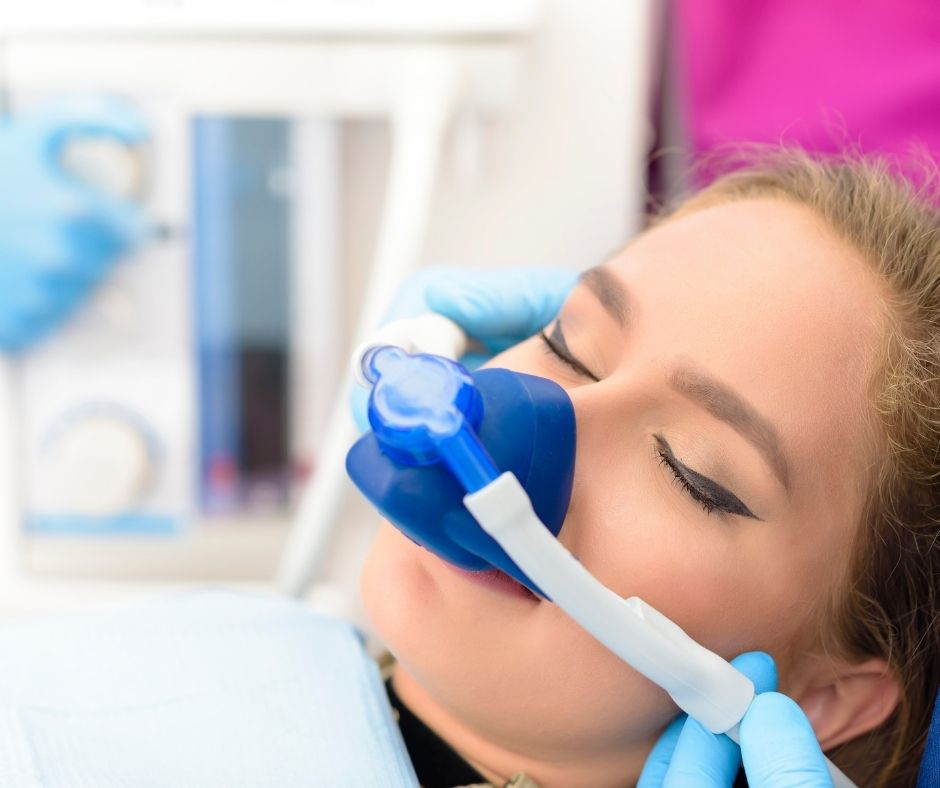How you maintain your oral hygiene affects your health. Sedation dentistry is meant for people of all ages, from kids to adults. Hearing about the dentist often invokes anxiety in some people. This fear is because of the pain and discomfort involved in the process. Sedation makes the process comfortable as they provide relief and calmness to patients.
What Does Sedation Dentistry Mean?
Sedation dentistry uses medication to calm the patient during the dental procedure. This dental medication is also called sleep dentistry. The sedation keeps you awake but partially conscious of what’s happening. Sedation that knocks you out completely is known as anesthesia. However, the sedation is done adhering to the rules and regulations imposed by the state regarding drugs and anesthesia’s use on a patient. Only qualified and trained doctors should do this sedation process to avoid common side effects.
Sedation Dentistry Drugs and Medicines
Sedation can be given to anyone interested. The dentist should have complete knowledge of sedation dentistry and, while injecting the sedative, should keep the patient’s well-being in mind. Here are some ways sedation is administered.
- Minimal sedation – the patient is partially awake but feels nothing.
- Moderate sedation – the patient is partially awake, can speak a little, but not much memory of the actions.
- Deep sedation – the patient is fast asleep but can be woken.
- General anesthesia – the patient is fully asleep.
There are many sedation dentistry medications available in the market, but they are grouped into:
- Laughing gas – also called nitrous gas, is the best form of sedation dentistry. The medication is itchy and inhaled through the nose from a gas tank. The gas quickly fades from the human body. The effect of the gas is felt immediate; it is inhaled but fades off after a while.
- Oral sedation – oral sedation is in the form of a pill. The pill is ingested the night before the appointment. The drugs are produced to have mild or severe effects on the body depending on the dose administered.
- IV moderate sedation is of two types: twilight and general anesthesia. The twilight sedation leaves you partially conscious, but the memory of what’s happening while the general anesthesia makes the patient completely unconscious. The sedation drug is injected through the vein.
Does Sedation Dentistry Work?
Sedation dentistry is used for complex dental situations as well as minor teeth cleaning. The drug has the effect of putting patients in a calm mood while the procedure is going on. Dental sedation has proven to be effective, but it is best to
Can You Eat Before Sedation Dentistry?
It is recommended not to eat after a dental procedure. Avoid solid or semi-solid food for up to six hours after the procedure. Patients can’t have any liquid, especially hot ones, until after two hours. The sedation affects the ability of your mouth to function correctly, which makes it hard to chew. The drug also causes digestion in the stomach to stop resulting in nausea or vomiting.
Contact Fountain Valley Dental
MORE TIPS FOR DENTAL PATIENTS:
Do I Need Sedation for Dental Work?
What is Oral Conscious Sedation?
When to Fix a Tooth and When to Pull it
How Professional Differs from OTC